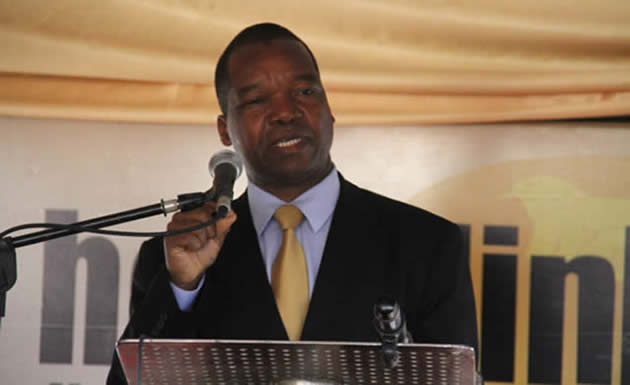No end in sight to cash shortage

Nyemudzai Kakore Herald Correspondent
THE cash supply situation remained critical in the country yesterday with workers failing to withdraw their salaries. This comes as parents and guardians also prepare for children to go back to school for the second term.
However, banks have introduced stringent cash management systems including limiting maximum cash withdrawals from between $200 and $500 per transaction depending on the financial institution.
The majority of the banks have since switched off most of their ATMs with long queues being the order of the day.
A snap survey in and around Harare, however, revealed that even the ZimSwitch facility had been disabled and customers were unable to receive cashbacks from some major supermarkets.
At supermarkets such as OK Zimbabwe, individuals were required first to buy groceries worth $30 before a cashback, while Pick n Pay tellers failed to give customers cashbacks.
“It was an instruction from our head office because of the cash shortage that we give our customers cashbacks only if they buy goods above $30 and we will give them a cash back of $100,” said an OK Zimbabwe senior manager who cannot be named for professional reasons.
“Our company policy is that we should give our customers cashbacks, but money is not circulating. Our sales have gone down as customers leave trolleys in frustration if we fail to give them cashbacks,” said a Pick n Pay branch manager who refused to be named.
Bankers Association of Zimbabwe vice president Mr Webster Rusere urged the public to use plastic money to avoid cash limitations.
“We are aware of the cash shortages, but measures are being put in place to address that. In the unavoidable circumstances where the cash is limited, we encourage the public to play a part by using plastic money, mobile money and Real-Time Gross Settlement systems (RTGS) if we are to save huge bills of importing cash,” he said.
Reserve Bank of Zimbabwe Governor Dr John Mangudya said the cash situation was expected to normalise as tobacco inflows continued to improve.
“Cash importation is a process, but we expect the situation to normalise as tobacco inflows begin to filter through,” he said.
“We are working on a priority list of importation with the business community, which will ensure that the country brings in products and services which are critical.
“We are not going to control imports, but rather we’re working on a priority list. RBZ is also working on a nostro-stabilisation fund worth about $200 million with the Africa Export and Import Bank while tobacco inflows will offer some relief to the situation.”
Zimbabwe has been facing cash shortages as nostro accounts have been depleted since late last year as a result of the demand on the US dollar mainly for imports.
A nostro account is a bank account held in a foreign country by a domestic bank mainly to facilitate settlement of exchange and trade transactions.









Comments